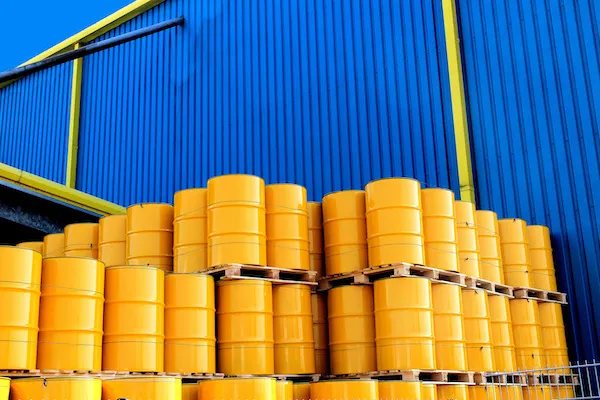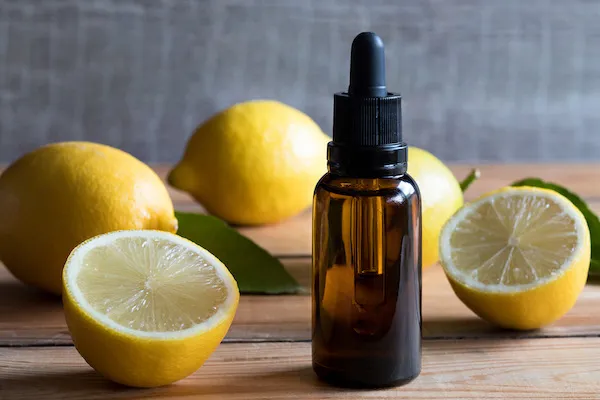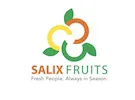The uncertainty surrounding the development of the world´s coronavirus pandemic, and the good weather conditions during the second half of March, encouraged Argentine growers to accelerate the lemon harvesting. This season, Salix Fruits started a new business unit “Processed Products,” and its managers analyse the current situation regarding the marketing of lemon juice concentrate (LJC) and essential lemon oil (ELO) to help with a better planning of the rest of the year
“For 2020 in Argentina, a drop in the lemon harvest is estimated due to the drought suffered in the end of last winter and during last spring, added to a very hot summer. Besides, the COVID-19 made the harvesting start very aggressive, cutting lemons that were still a bit small”, says Daniel Calvo, head of Salix Foods, a new division of Salix Fruits.

This is why a decrease of 30% in production is estimated for this year and, if these numbers are confirmed, processing in 2020 could be in the range of 1 / 1.1 MM tons, which is a very important drop. In fact, according to internal estimates, until the end of May 400K tons had been processed, when last year, by the same time, the number was in the order of 500K tons.
The impact of this fall in the ELO market is already manifesting itself. It is known that around 50% of ELO production is marketed with a leading soft drink company under a long-term agreed pricing scheme that is not subject to market supply and demand. The surplus is traded on the spot market, which is smaller and with a very stable demand, so in this case, the volume of supply ends up defining the prices.
In this sense, the current season shows a behavior opposite to that of previous seasons. "This year, with a normal (or less than normal) season in the Northern Hemisphere, and the drop mentioned in Argentina, it is expected that in 2020 the reverse process of previous years will occur. Given that the fixed price market always withdraws the same quantity, the decrease would only impact the spot market, causing prices to rise," says Esteban Lazzo, specialist in the ELO market.
Concerning the marketing of LJC, the drop in the behavior of supply is clear, but not that of demand, which has not recovered from the COVID-19 effect. However, a price accommodation is observed since last year, which started in a range of 2200/2400 USD/ton, it reached a floor of 1700 USD/ton, and even for products from other origins, it was paid 1500 USD/ton. Currently, small volume operations are closed in the range of 1800/2000 USD/ton, for close deliveries.

"Buyers are evaluating how the market will react after COVID-19, as consumption has been greatly affected by the change in traditional sales channels - hotels, catering, restaurants - which have suffered greatly from the sharp drop in tourism and recreation, and purchases are only maintained in retail where demand is not so strong. There is still little talk about annual programs, both due to the uncertainty of demand and the processing projections discussed," explains Esteban Gagliardi, Commercial Manager of the company's juices.
Calvo affirms that the financial crisis in Argentina, the lack of credit and the stoppage of COVID-19, makes it very costly for processors on the supply side to maintain stocks and those who are in a position to wait could benefit due to a strengthening of the market. On the demand side, the choice is: buy cheaper now and expose yourself to a decrease in demand or wait for the evolution of demand and buy more expensive.
"The early purchase with volumes limited to realistic estimates seems to be the best move," concludes Calvo.
 For more information:
For more information:
Salix Fruits
Tel: +1 (770) 872 7824
E-mail: contact@salixfruits.com
www.salixfruits.com
